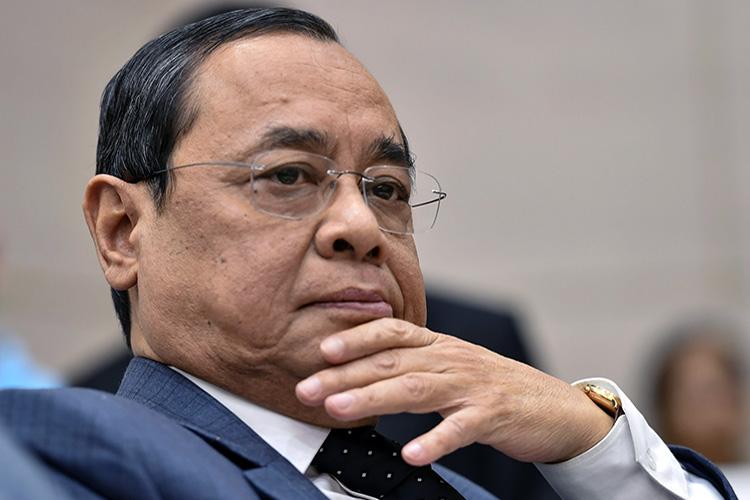Former Chief Justice of India currently serving as Rajya Sabha MP Ranjan Gogoi, while addressing a webinar titled “Ensuring an Independent Judiciary under our Constitution: Confronting the Contemporary Challenges, asked why were the “activist judges” and others taking commercial arbitration not questioned for their post-retirement work.
The former CJI had been subject to criticism for accepting his nomination to the Rajya Sabha.
In his response to a question on judges taking post-retirement assignment he said “there are 3 categories – the ‘activist judges’, those taking commercial arbitrations and those accepting other kind of assignment’.
“Why is it that only the 3rd category draws all the flak? Why no questions are asked about the other two?” he asked.
He noted that the judiciary is not averse to criticism but must be an honest, intellectual and acedmic exercise.
He took a dig at the group of people, ‘activists’, and intellectuals coming from a certain ideological and political viewpoint for listing out criteria as to who is an independent judge and said that according to them, an independent judge must necessarily be anti-establishment.
“He must be anti-authoritarianism… He must be eloquent on issues like rich-poor divide, oppression of the marginalised, issues pertaining to suppression of fundamental rights and he must advocate free speech even to the extent of touching the frontiers of defamation. These are the identification marks of an ‘independent judge’,” Justice Gogoi said. He noted that if a judge doesn’t conform to these criteria, his independence is questioned and attacked instead of criticising the judgement. He said that such a thing is destructive of the independence of the judiciary.
To a question on why the Ayodhya judgement did not have the name of the author, he said “I can show 32 cases decided by a particular bench in 2015-16 when the author wasn’t named in the judgment. But then no questions were asked. Speaking for myself, I have myself been the author of 13 judgments when the author wasn’t mentioned.”
Speaking on the collegium system Justice Gogoi said that the system was an excellent one and was time-tested.
“Some amount of discipline would improve it further. Some may not be satisfied but the idea is to be true to the law” he said.
He said that the problem is with the individuals running the system and added that the problem may not necessarily be from collegium members but from outside the collegium but within the judiciary.

